[ultimatemember_password]
[ultimatemember_password]

He conducted both his B.Sc and Ph.D at Imperial College London between 1983-89 under the supervision of Professor William Motherwell. He was the recipient of a SERC/NATO Fellowship to spend two years as a Postdoctoral Researcher in the labs of Professor Phil Magnus at Austin, Texas. He returned to the UK at the end of 1991 to join SmithKlineBeecham as a medical chemist working on neuroscience targets. Following the merger with GlaxoWellcome, he moved to the Stevenage site in the newly formed GSK. He initially worked on Cardiovascular targets before focusing on Lead Discovery for kinase targets between 2005-7.
In 2007, he was appointed as a Medicinal Chemistry Lead Optimisation Department Head in the Respiratory therapeutic area at GSK. In 2012, he became involved in initiating an exploratory effort to assess the potential of a new protein degradation technology through collaboration with Professor Craig Crews at Yale. He’s a former Senior Scientific Director within Medicinal Chemistry at GSK with a global remit on PROTACs. He also holds an Adjunct Professor position in the Chemistry Department at Imperial.
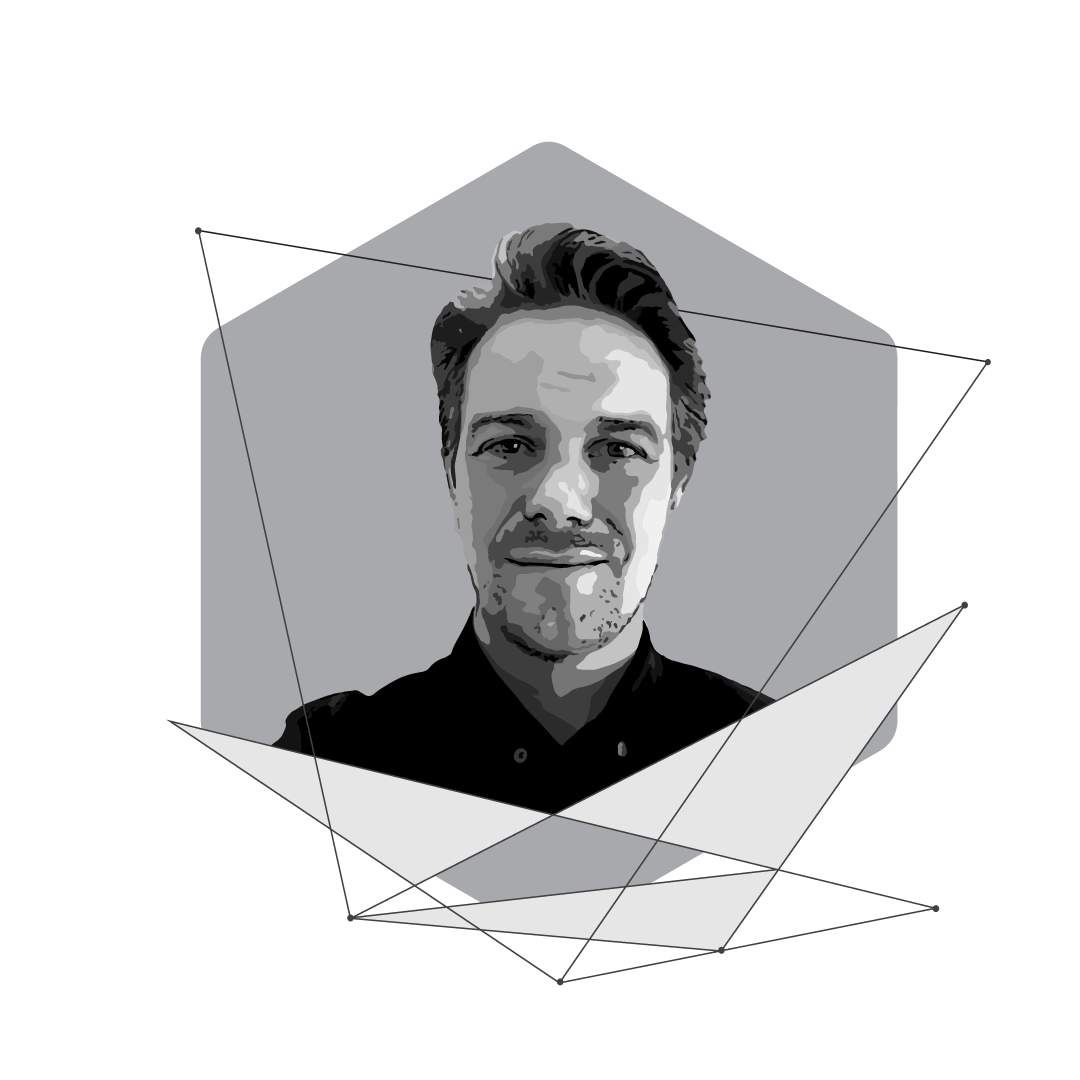
Chris is a distinguished scientist in the field of drug discovery and development, renowned for his expertise in this area. He brings a wealth of experience across all preclinical phases, coupled with a diverse skill set encompassing AI and targeted protein degradation. Dr. Tame has held several key positions in the industry, including Head of Early Discovery Chemistry and Target Evaluation at Benevolent AI, and Protein Degradation Research Leader at GSK (in collaboration with Craig Crews’ group). His contributions to these organizations have been invaluable, and he continues to make significant strides in the field of drug discovery.
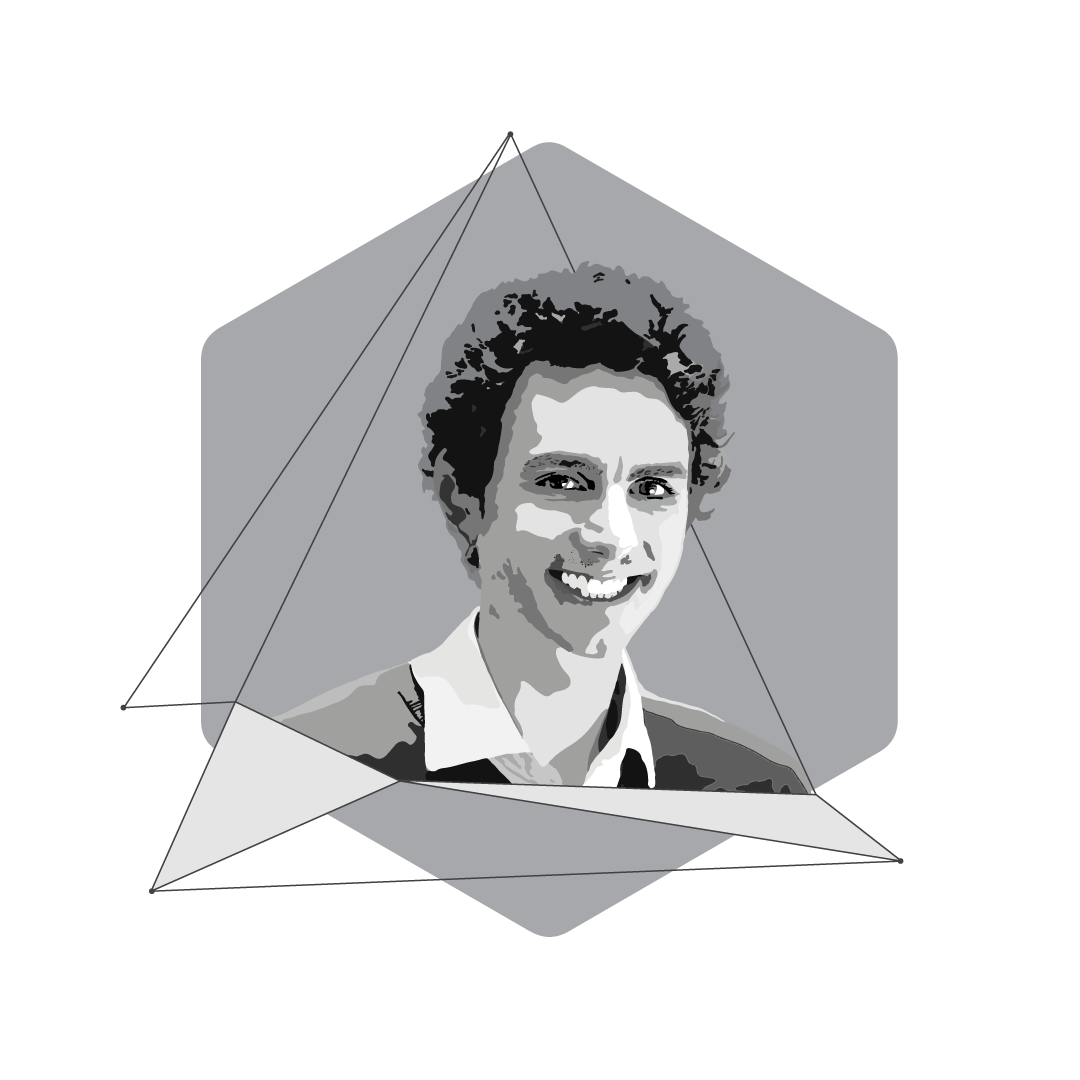
Dr. James Field is the Founder and Chief Executive Officer of LabGenius, a London-based biotech company that leverages the combined power of synthetic biology, robotic automation, and machine learning. This combination of technologies is used to develop a smart platform capable of intelligently developing therapeutic antibodies.
For decades, scientists, engineers, and technologists have dreamt of building ‘robot scientists’ capable of autonomously discovering new knowledge, technologies, and sophisticated real-world products.
For Dr. Field, this represents the most exciting opportunity of our generation, and he founded LabGenius with the dream of making this a reality.
In 2017, James was awarded the BBSRC Innovator of the Year award for early career impact. In 2018, he was featured on Forbes’ 30 Under 30 list for Science and Healthcare. He is also a fellow of the prestigious Synthetic Biology Leadership Excellence Accelerator Program (LEAP).
In addition to his company responsibilities, James is a recognized thought leader in his field. He has spoken at global events such as the Milken Global Conference, TEDMED, RAAIS and CogX, and works with The Ditchley Foundation to brief key policymakers in government on AI-enabled drug discovery.
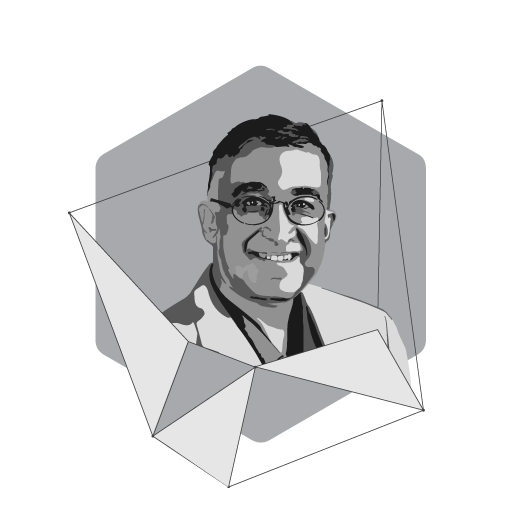
Ronjon Nag is a British-American inventor and entrepreneur specializing in the field of mobile technology. He co-founded the technology company Lexicus, which was acquired by Motorola in 1993. His later co-founded company Cellmania was acquired by Research in Motion in 2010. He later served as vice president at both Motorola and BlackBerry.
Ronjon is the founder and president of R42, a U.S. VC group. He was one of the early investors in Healx and Oxford Drug Design.

Petr Sramek has been a serial entrepreneur in DeepTech for more than 30 years. Petr builds science, funding, and business infrastructure to support the faster adoption of technologies to improve health. Petr was Entrepreneur in Residence at Singularity University, Co-Founder of the Artificial Intelligence Platform at the Confederation of Industry, and Senator for the Czech Republic in the World Business Angels Investment Forum (WBAF).
Petr is also the founder of the AI Awards project. Petr was listed in the group of 28 AI leaders in the World Intellectual Property Organization’s flagship study alongside Nick Bostrom, Frank Chen, Martin Ford, Kai-Fu Lee, Andrew Ng, Ben Lorica, and others.
Petr is Co-Founder, Chairman of the Board, and Managing Partner of Longevitytech.fund, a Czech VC.

Peter received his B.A. in biology from The Johns Hopkins University and his M.D. and Ph.D. (pharmacology) degrees from Yale University, then completed a pediatrics residency at The Children’s Hospital of Boston followed by clinical fellowships in pediatric hematology/oncology at the Dana-Farber Cancer Institute and in clinical oncology and regulatory sciences jointly through the U.S. FDA and the NCI.
He began his career in drug discovery and development at the Investigational Drug Branch of the Cancer Therapy Evaluation Program, NCI followed by positions of increasing responsibility at Novartis and DuPont Pharmaceuticals. He subsequently served as Senior VP of the Oncology Center of Excellence in Drug Discovery at GlaxoSmithKline and VP of Oncology Clinical Development at Johnson and Johnson. In 2010, he co-founded BeiGene Ltd. and served as President. Most recently, he served as Chief Medical Officer at Epizyme Inc. and then at Boston Pharmaceuticals both of which are based in Cambridge, MA. Over his career, he has been directly responsible for the first-time-in-human dosing of 19 anticancer agents and has overseen the development of over 60 hematology and oncology compounds in all phases of clinical trials. His work has contributed to eleven NCE or biologics approvals to date: Gleevec®; Arranon®; Tykerb®; Promacta®; Votrient®; Synribo®; Tafinlar®; Mekinist®; Sylvant®; and Rydap®, and Tazverik®.

Karel Kubias is an experienced leader in Life Sciences, chemical, and pharmaceutical businesses with more than 25 years of experience.
Karel studied chemistry at TH Merseburg, Germany, and holds an MBA from Auburn University.
He worked for five years as the CEO of Merck spol. s.r.o., Czech Republic, before becoming the Regional Head Eastern Europe, Middle East & Africa at Merck Millipore, division of Merck KGaA Darmstadt, for another five years.
Karel, Partner in the i&i Biotech Fund, joins the Board of Directors at Celeris Therapeutics.
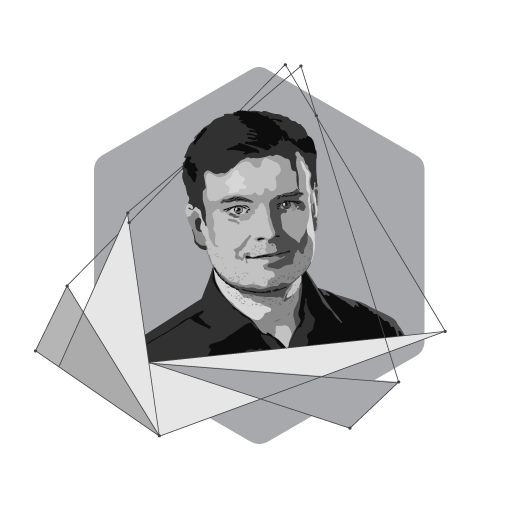
Jakob has co-founded several tech companies over the past few years, covering a wide variety of areas from marketing, to sales, business management, and product development.
While he was active in various markets, high technology was always the common denominator, including artificial intelligence and natural language processing.
Before co-founding Celeris Therapeutics, he was Head of Sales of an international venture building company in Switzerland.
Jakob is responsible for finance, operations, investments, marketing, and sales.
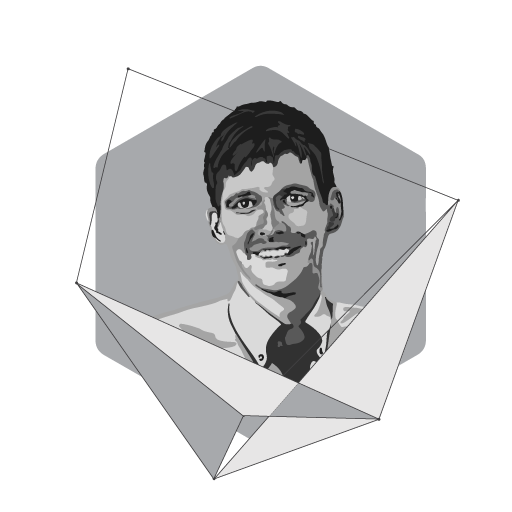
Johannes Kirchmair is Associate Professor of cheminformatics at the Institute of Pharmaceutical Chemistry at the University of Vienna and Head of the Computational Drug Discovery and Design Group (COMP3D).
He is also a group leader at the Center for Bioinformatics (ZBH) at the University of Hamburg. After receiving his Ph.D. from the University of Innsbruck (2007), Johannes started his career as an application scientist at Inte:Ligand GmbH (Vienna) and as a university assistant at his alma mater. In 2010, he moved to BASF SE (Ludwigshafen) as a postdoctoral fellow. He then worked as a research associate at the University of Cambridge (2010-2013) and ETH Zurich (2013-2014). Johannes held an assistant professorship in applied bioinformatics at the University of Hamburg (2014 to 2018) and an associate professorship in bioinformatics at the University of Bergen (2018 to 2019).
He has been a visiting professor at the National Institute of Warangal (2016), at the University of Cagliari (2017), and the University of Vienna (2018). His main research interests include the development and application of computational methods to predict the biological activities, metabolic activities, and toxicity of small molecules (including natural products) in the context of drug discovery.

Ola Spjuth is a professor at Uppsala University focusing on mathematical and statistical modeling, informatics, and quantitative analysis of pharmacological systems. He has developed methods, algorithms, and software to study and model pharmaceutical interactions.
A major focus of his group is how artificial intelligence and machine learning can aid the drug discovery process: for example, in drug screening and the study of drug toxicity, metabolism, and resistance.
His group combines in silico and in vitro experiments at the cellular level and has access to a robotic high-content imaging laboratory connected to a modern IT infrastructure to manage and analyze large amounts of data.

Jean-Louis Reymond is a Professor of Chemistry at the University of Bern, Switzerland. He studied chemistry and biochemistry at the ETH Zurich and received his Ph.D. from the University of Lausanne on the synthesis of natural products (1989).
After a post-doc and an assistant professorship at the Scripps Research Institute, he moved to the University of Bern (1997). His research focuses on the recognition and representation of the chemical space for small molecule drug discovery, the synthesis of new molecules from GDB (http://gdb.unibe.ch), and the design and synthesis of peptide dendrimers and polycyclic peptides as antimicrobial agents and for nucleic acid transport. He is the author of > 300 scientific publications and reviews (h = 62).
Recent Comments